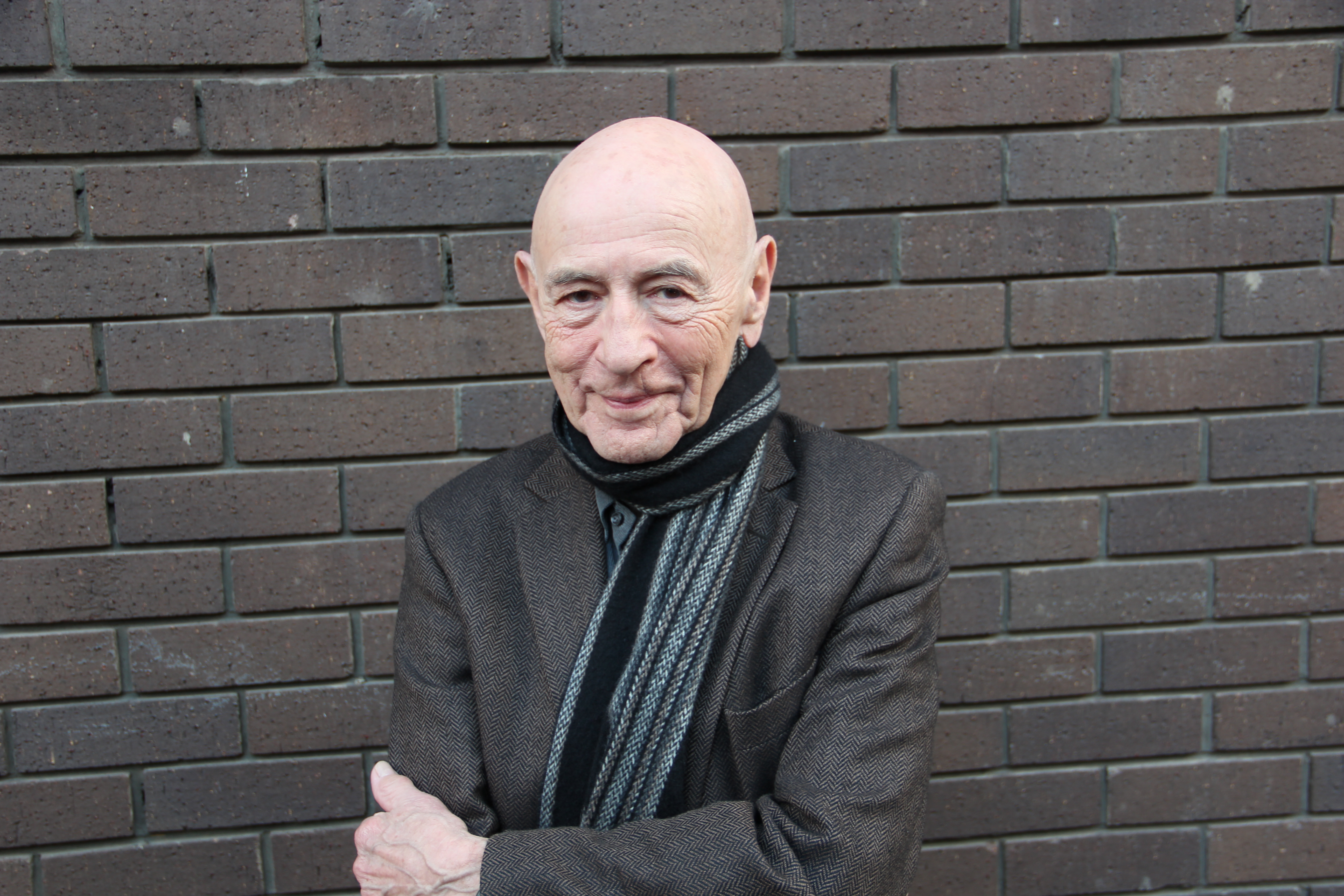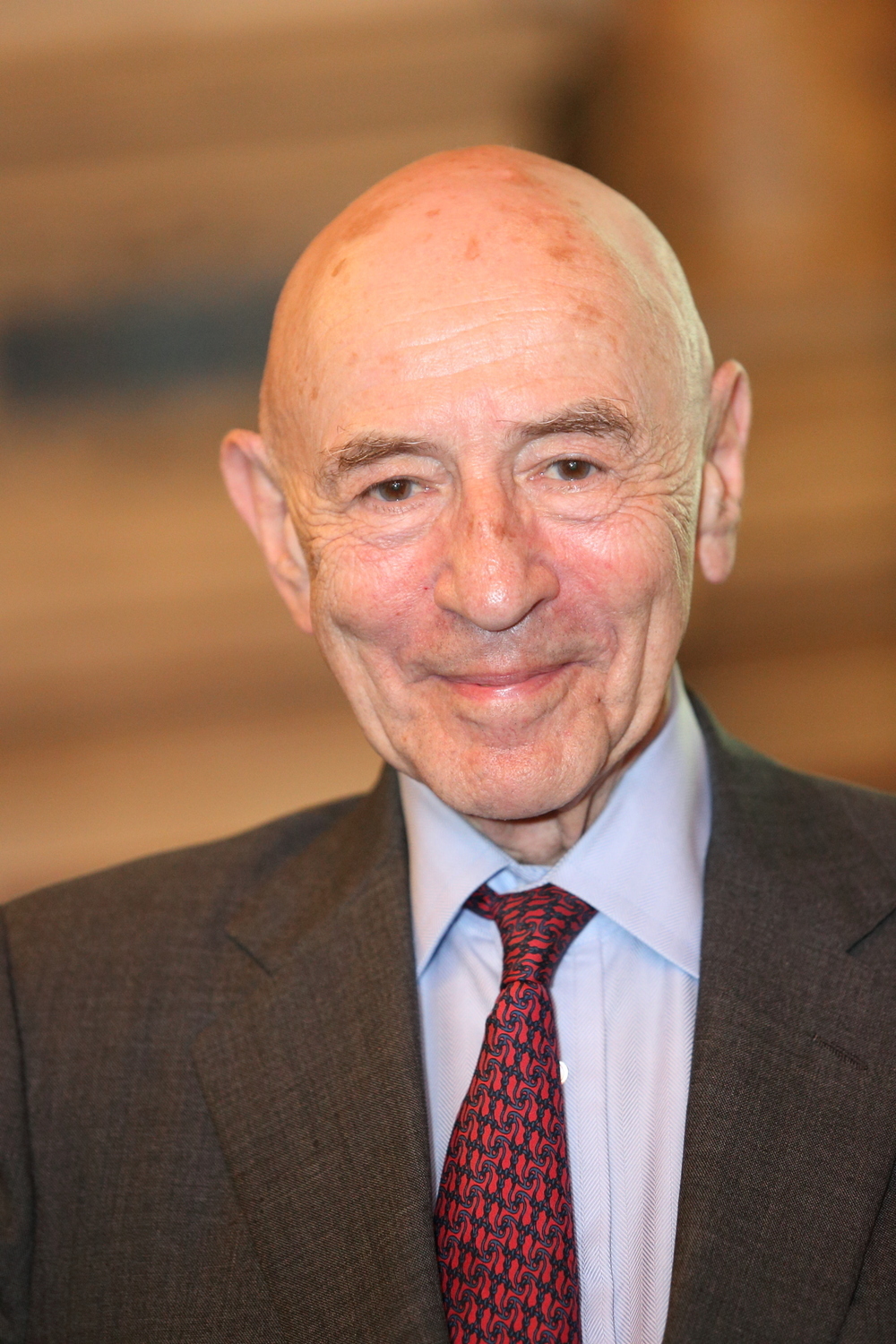Walter Mischel
Walter Mischel ( born February 22, 1930 in Vienna) is an Austrian- American, Emeritus personality psychologist. Using its marshmallow test, he showed the importance of the reward for postponing the academic, emotional and social success of a person.
Life
After the annexation of Austria in 1938 Mischels family fled to the United States. He grew up in Brooklyn and studied with George A. Kelly and Julian B. Rotter at Ohio State University; there was 1956 Ph.D. his doctorate in clinical psychology.
Then Mischel taught at the University of Colorado, from 1958 at Harvard University and in 1962 at Stanford University. 1983 Mischel moved back to the East Coast to the Columbia University.
Prizes and awards
- 2012 Ludwig Wittgenstein Prize
- 2011 Grawemeyer Award for Psychology
- 2007 President of the Association for Psychological Science
- 2004 National Academy of Sciences
- 1991 American Academy of Arts and Sciences
The deferral reward paradigm
In the years 1968 to 1974, he led with about four -year-old children from the school for the Stanford campus experiments for delayed gratification. In individual sessions the children a desirable object was made aware of, such as a marshmallow ( in variants of the experiment were, inter alia, biscuits, salted biscuits or poker chips made of plastic used). The experimenter told each child that he would leave the room for some time, and made clear to him that it was able to call him back by pressing a bell and then a marshmallow would receive. But would it wait until the experimenter returned by itself, it would get two marshmallows. Had the child not pressed the bell, the experimenter returned usually back after 15 minutes.
The average waiting times of the children were in different modifications of the experiment, about 6-10 minutes, the waiting times but with scattered very strong. Mischel found in Nachbeobachtungsstudien in the years 1980-1981, that the longer the children had been waiting in the original experiment, they were described as adolescents as more competent in academic and social areas, were better able to deal with frustration and stress and resist temptation and also tend to have a higher academic performance showed.
Personality model
Mischel criticized the low predictive power of the trait approach to personality psychology and urged greater attention to the situational parameters. Often behavior is more influenced by situational factors than by personality traits. This view is now known as interactionism, but in Mischels first publication "Personality and Assessment " (1968) does not appear on this term. His view of personality led to intense debates with Eysenck.
The resultant in the 1970s cognitive model of Mischel personality explains different behaviors by five persons variables:
- Competence: knowledge and skills that enable certain cognitions to behaviors
- To process the type of individual information by selection, categorization, and associations: strategies of encoding
- Anticipation: anticipating likely results of certain actions in certain situations
- Personal values : importance of stimuli, results, people and activities are attributed
- Self-regulatory systems and plans: learned rules for behavior control, targeting and effectiveness evaluation
The effects of these variables depend on persons entering or ambiguity of a situation. If a situation is ambiguous or doubtful, the persons variables have their greatest impact.
Writings (selection )
- Mischel, W.; Shoda, Y.; Rodriguez, M. L. (1989). Delay of gratification in children. Science, 244, 933-938.
- Mischel, W.; Ayduk, O.: Willpower in a cognitive - affective processing system: The dynamics of delay of gratification .. In: RF Baumeister & KD Vohs ( Eds.): Handbook of self-regulation: Research, Theory, and Applications. Guilford, New York 2004, pp. 99-129.










